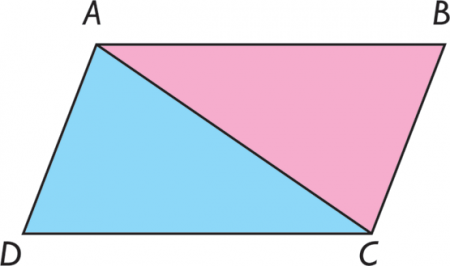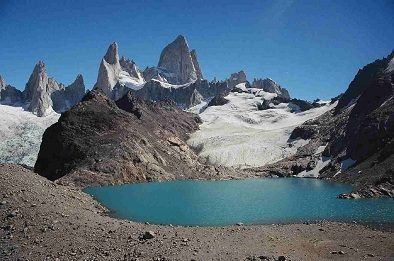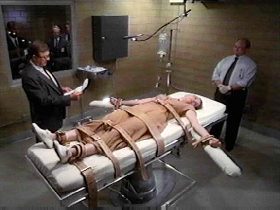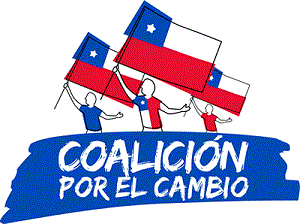 A mortgage is a contract by which a loan is taken as collateral for an asset that generally constitutes a property. The property remains in the hands of the owner as long as he fulfills his obligations; otherwise, the creditor can make the sale of the property to collect the money he loaned.
A mortgage is a contract by which a loan is taken as collateral for an asset that generally constitutes a property. The property remains in the hands of the owner as long as he fulfills his obligations; otherwise, the creditor can make the sale of the property to collect the money he loaned.
The contract that constitutes a mortgage must be registered in the Property Registry in order to have value for third parties. In the event that the borrower fails to comply with his payments, a lawsuit, a conviction and the auction of the property are proceeded.. Thus, as a contract, a mortgage only imposes an obligation on the debtor and is regulated in accordance with the law.
The three most important aspects of a mortgage are: the capital, which is the money loaned by the bank and which is usually less than the price of the property in order to be covered in a possible auction; the interest, which indicates the extra percentage that must be paid to the entity that granted the loan and that can be fixed or variable; and finally, the term, which is the time that includes the return of the capital.
The legal process by which real estate is lost is called foreclosure.. To get there, creditors must notify the property owner of their intention to auction the property. In the event of a difficult situation, it is advisable to negotiate a quick sale of the property with the entity that lent the capital.
Nowadays, the mortgage crisis in the United States is well known, which unleashed a deeper crisis in 2008. Basically what happened consisted of the delivery of high-risk mortgage loans that ended in default and the foreclosure of many properties. When it was verified that large financial institutions and investment funds had assets committed in this type of mortgages, credit suddenly contracted and panic and mistrust broke out.









